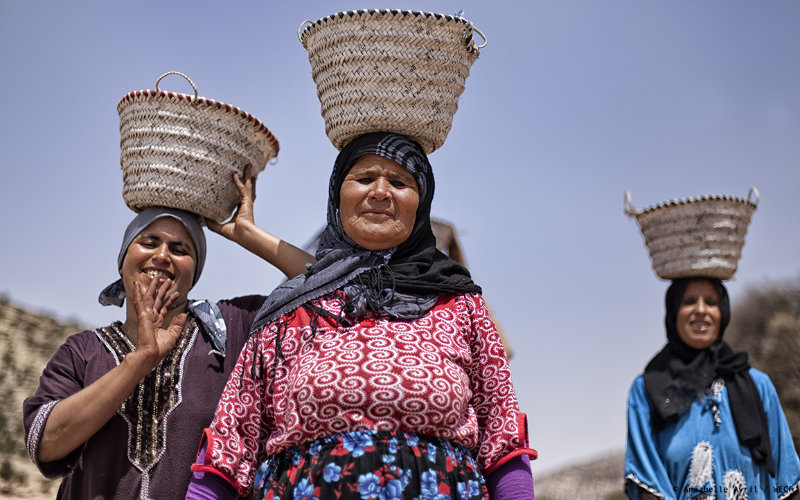Morocco Debates Alimony Reform: Women’s Groups Protest Proposal for Higher-Earning Wives to Pay Ex-Husbands

Women’s associations are up in arms against the reform of Abdelatif Ouahbi, Minister of Justice, imposing on women with higher incomes than their spouses to pay alimony to their ex-husbands after divorce.
Abdelatif Ouahbi’s desire to promote "true parity" between men and women is meeting with resistance. In an interview on the Moroccan channel 2M last week, the minister suggested that women with higher incomes in the couple should pay alimony (Nafaqa) to their husband in the event of divorce. In reality, it is the man who is most affected after a divorce by seeing his standard of living drop. When questioned about the measures he intends to take, in collaboration with Bank Al-Maghrib (BAM), against men who do not pay alimony to their wives after divorce, he responds in these terms: "When the woman requests the divorce, she must have all her rights. To do this, we must know what the man possesses and what the woman also possesses because the financial responsibility is shared," said Ouahbi. And to add: "When we have a precise idea of the financial situation of the man and the woman, we will be able to determine who is the aggrieved party and who will compensate the other. If the woman’s income is higher than the man’s, she will have to pay the Nafaka to her ex-spouse."
This reform is not to the liking of the Tahadi Association for Equality and Citizenship (ATEC), which supports women’s causes. The shared financial contribution is "a daily reality experienced by the Moroccan family, confirmed by official reports, and of which domestic work is one of the main illustrations requiring clear regulation in national legislation," the association said. According to its explanations, "the majority of Moroccans recognize that the domestic work carried out by women has great economic and social value, and that it must be recognized as a real contribution to family expenses". Also, it stressed that the shared financial contribution between spouses, whether during marriage or after its dissolution through children, has undergone a transformation over the past three decades. "The shared financial contribution is one of the main demands of the national feminist movement," the association added.
To support its argument, the association cites studies and reports from national advisory institutions and Moroccan state agencies, which have categorically affirmed the need to take into account the contribution of Moroccan women to the subsistence expenses of their family, particularly with regard to the economic value of domestic work, and to translate this into the recognition of their full and equal rights to those of men. These include the National Survey on Social Ties in Morocco, conducted by the Royal Institute for Strategic Studies in 2012, as well as the field survey on changes in citizens’ perceptions, attitudes and practices ten years after the implementation of the Family Code, carried out by the government authority in charge of solidarity, women, family and social development in 2016. Not to mention "the national field study conducted by the House of Representatives on values and their institutional implementation", as well as the annual report "Moroccan Women in Figures for the Year 2021", carried out by the High Commission for Planning.
"69.7% of Moroccans believe that it is necessary to compel the wife who has a stable income to contribute to the cost of living," a fact established by a survey conducted by the government authority in charge of solidarity, women, family and social development in 2016, recalls the feminist association, very active in Casablanca. 73% of Moroccans surveyed that same year by the authorities concerned affirmed that it is essential to recognize the economic value of domestic work, as it is no longer part of the natural role of women, due to their participation in the market, specifies the same study.
Related Articles
-

Drug Baron’s Prison Letter Exposes Notary in Kenitra Trafficking Scandal
2 September 2025
-

Moroccan Talent Surge: France’s Top Schools Embrace North African STEM Brilliance
2 September 2025
-

Wealthy Young Driver Jailed After Deliberately Running Over Gendarme at Moroccan Checkpoint
2 September 2025
-

AI Pioneer Develops ’Watchdog’ System to Curb Rogue Artificial Intelligence
2 September 2025
-

Franco-Algerian Tourist Arrested at Marrakech Airport for Racist Outburst During Security Check
1 September 2025